(CNN) On the morning of Eid al-Adha in December 2006, Raghad Saddam Hussein, her sister and their children squeezed together in front of the television in Raghad's home in Amman and wept as they watched footage of her father being hurtled by masked men to the gallows where he would be hanged.
Saddam Hussein, who ruled Iraq from 1979 until his overthrow and capture by a US-led coalition in 2003, declined to wear the hood and shed no tears as the noose was put around his neck. The Iraqiya TV broadcast ended there, but a second video -- shot on a cell phone by an onlooker below the scaffold emerged a few hours later showing the moment of death.
"I never saw that moment and I refuse to see it," Raghad, Saddam Hussein's eldest daughter, told CNN in her first interview since her father's death ten years ago.
The footage also showed witnesses hurling insults at the deposed leader, convicted of crimes against humanity for the murder of 148 Iraqi Shias in 1982; they chanted "Moktada! Moktada! Moktada!" in reference to militant Shia cleric Moktada al-Sadr. Saddam Hussein shot back, "Is this how real men behave?" before the trap sprang and the noose tightened on a man who remained defiant to the end.
"The details of his death are ugly and painful -- but it's an honorable death," Raghad said by phone from the Jordanian capital, where she sought refuge after the 2003 invasion of Iraq.
"I don't think he would have gone in a death smaller than this. It was a death that brought pride to me, my children, my sisters and their children, to all those who love him and have a place for him in their heart." The then US president George W. Bush, who ordered the invasion of Iraq, said just after Saddam Hussein's death that the execution "would not have been possible without the Iraqi people's determination to create a society governed by the rule of law." But the sectarian subtext heard in the video of his last moments seemed to denote an ensuing era of more sectarianism and violence that would remain 10 years on.
Raghad, who blames the US for the chaos that unraveled in her country, hopes that President-elect Donald Trump will be different from his predecessors.
"This man has just arrived to the leadership ... But from what is apparent, this man has a high level of political sensibility, that is vastly different than the one who preceded him," she told CNN. "He exposed the mistakes of the others, specifically in terms of Iraq, which means he is very aware of the mistakes made in Iraq and what happened to my father."
During his presidential campaign, Trump said he opposed the war on Iraq, however he was publicly supportive of the invasion in interviews before and after the war. And while saying that Saddam Hussein "was a bad guy," Trump has praised the former Iraqi leader's efficient killing of "terrorists".
Raghad said she has not been involved in politics and supports no groups or parties on the ground, however, the current Iraqi government has accused the 48-year-old of supporting her father's Baath party, now outlawed, and has called on Jordan to repatriate her.
More recently it has accused her of supporting ISIS and cheer leading the militants' takeover of Mosul, allegations that she vehemently denies.
"Of course I don't have any relations to this group [ISIS] and other extremist groups," she told CNN. "Moreover, the family's ideology has no similarities to that of extremist groups."
"As a proof to this, these groups only became powerful in Iraq after we left the country and our rule ended."
Self-declared jihadist groups sprung up in Iraq under the banner of fighting US army "infidels," and the country became a magnet for foreign fighters. ISIS, or the Islamic State of Iraq and Syria, started as the Islamic State of Iraq in 2006 -- the year of Saddam Hussein's death -- and expanded to Syria in 2014, three years after the eruption of violence there.
The regime's brutality
Raghad praised her father's rule for the stability she believes it offered Iraq, saying ISIS and other groups would not have been able to enter had her father still been alive.
But for many, the execution of Saddam Hussein ended the life of a brutal dictator who oppressed the people of Iraq for three decades, unleashed devastating regional wars and reduced his once flourishing oil-rich nation to a police state.
Human rights organizations reported rampant government-approved executions, acts of torture and massacres from his rise to power until his fall. His two sons, Uday and Qusay -- who died in a gun battle with US troops in 2003 were accused of ordering many of the atrocities.
"People (who consider him a dictator) are free use whatever labels they want," Raghad said.
For her, he was "a hero, courageous, nationalistic, a symbol to millions of people."
"He was a struggler and he knew that his ending was not going to be easy."
Raghad said much of what the media says about her family is made up.
"Yes, there was brutality, sometimes a lot of it and I can't support brutality. But Iraq is a country that is difficult to rule and it's only now that people are realizing it," she said.
Raghad said she, her two sisters and her mother were not involved in the decisions the men made.
"The women of the family were not allowed to contribute. They only answered when they were asked -- and they were never asked."
During two of the biggest massacres committed in Iraq during her father's rule the Dujeil massacre in 1982 and the Halabja gas attack to quell a Kurdish uprising in the late 1980s Raghad said she was still a teenager with very little awareness of what was happening in the country. By the time she was in her twenties, she had five children to raise and university classes for her degree in English translation to attend.
"I was a very studious. Studying is how I spent most of my time," Raghad said.
Given that satellite dishes were banned in the country during her father's rule, she said that she herself also did not have access to information about what was happening at the time.
Relationship with father
At 15, Raghad was married to Hussein Kamel, a high-ranking military official who oversaw Iraq's buildup of missiles, the country's nuclear research program, and its chemical and biological weapons. Her sister, Rana, married Kamel's brother, another senior official. In 1995, the brothers defected with their wives to Amman.
Less than a year later, Saddam Hussein convinced them to return to Iraq, promising them amnesty. But upon their arrival, he ordered the men to divorce his daughters. They were killed three days later by her father's men.
Many theories emerged as to why the Kamel brothers defected. Jordanian King Abdullah in his book cited a clash with Saddam Hussein's eldest son Uday, adding that he speculated that Kamel wrongly thought the West would embrace him, and that the US would help make him the leader of Iraq.
"It was a very difficult time for me. I found myself stuck between two families, my father and brothers on one side, and my husband and children on the other," recalled Raghad who is putting her own version of the story across in a book she is currently writing.
She said her children hold no grudges whatsoever against her family for their role in their father's death.
"I know this is hard for a normal family to understand. But all families of rulers are not average people and sometimes it's hard to understand the complexity of their lives," she said, adding that her daughter, 30-year-old Harir Hussein Kamel, has written a yet unpublished book that delves into those complex family relations.
After the defection and the death of Kamel, the relationship between Raghad and her father lost its "luster".
It was around the time of the invasion that their ties were strengthened as the family united to defend their rule.
"And till the last moment, my father remained satisfied, grateful and proud of me," she said.
Returning home
The setting where Raghad last saw her father was a family gathering in his living room a few days before the invasion. He was sitting across from her asking the family to stay strong and to be prepared if their homes got bombed. The first airstrike that the US launched in Iraq in 2003 hit Raghad's farmhouse, she said.
Shortly afterwards, she fled to Jordan, where she received sanctuary from the royal family. She never returned home, adapting to her new reality slowly and becoming preoccupied with the chores of daily life.
Raghad lives a comfortable life in Jordan, spending a lot of time with her children and her friends, but said she longs for her home. She would want to return if Iraq entered "a stage that is moderate and away from the obsession with hatred and revenge".
"This Iraq is mine, my family's, my ancestors' It's everyone's Iraq. Why wouldn't I imagine returning? It would be very normal for me to return one day." And despite the seemingly never-ending cycle of violence, Raghad is hopeful about the future. "What is happening is just a momentary state, a state of invasion and confusion. But this is not the fate of Iraq," she said.
"The war is not infinite. Of course, there is hope."
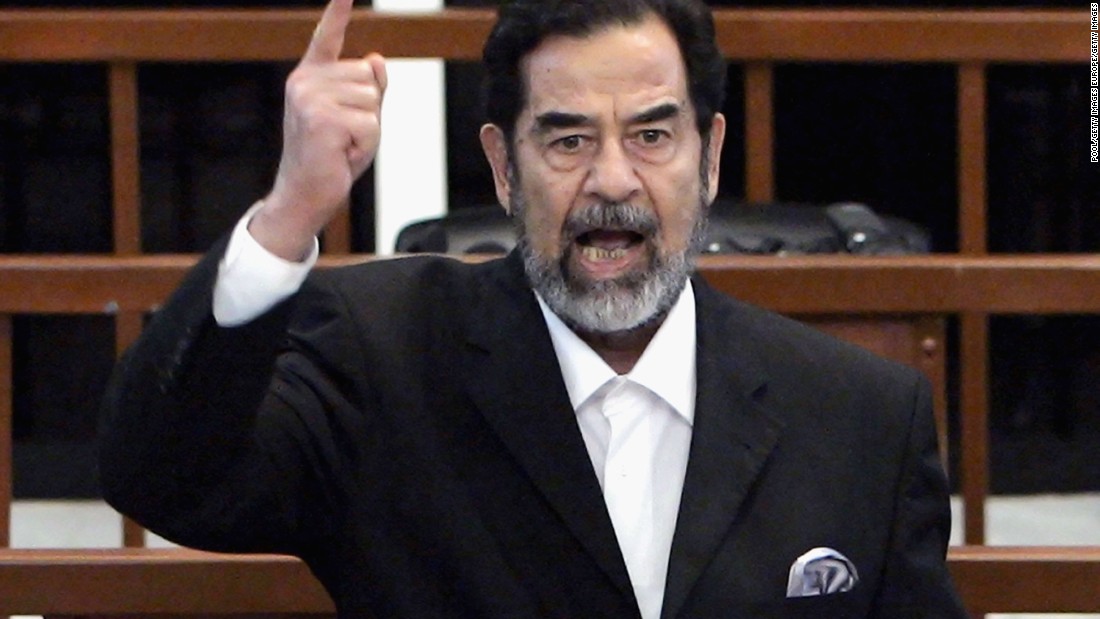
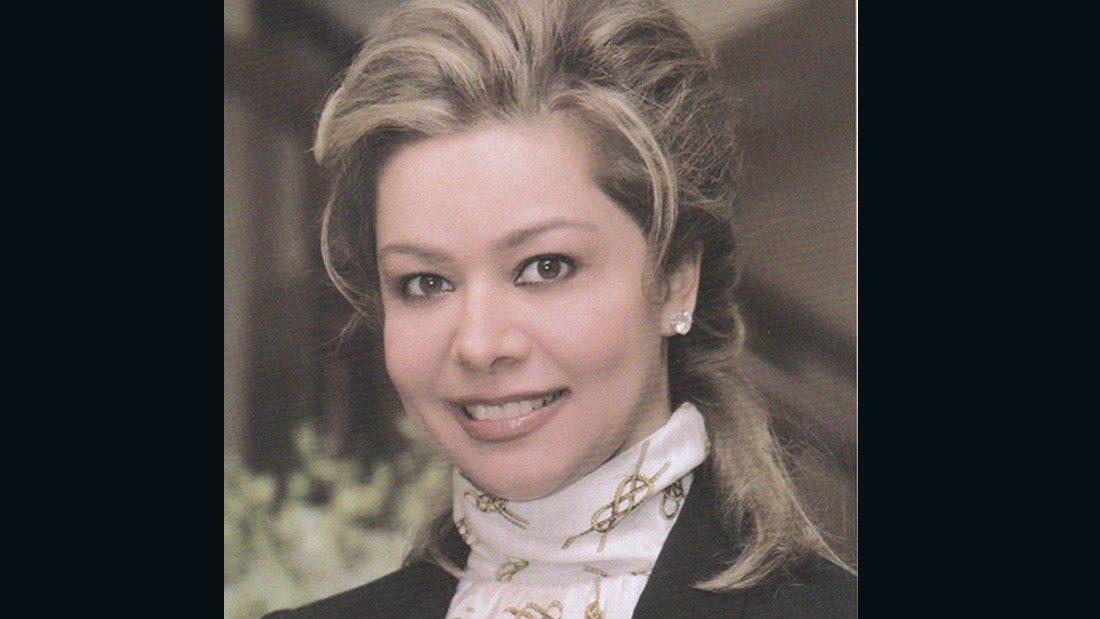
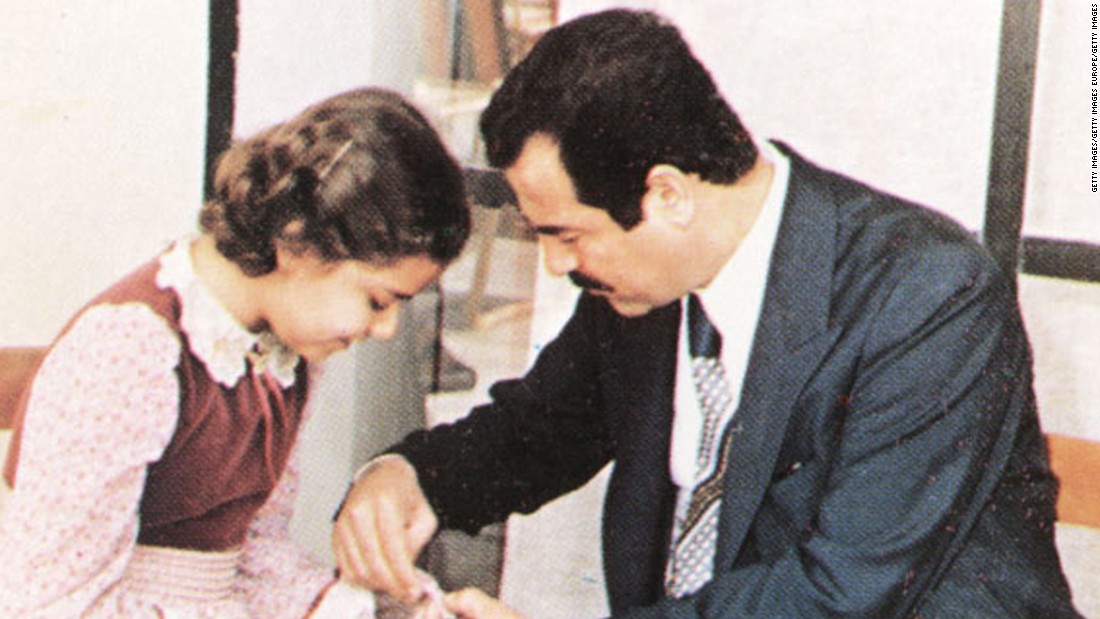
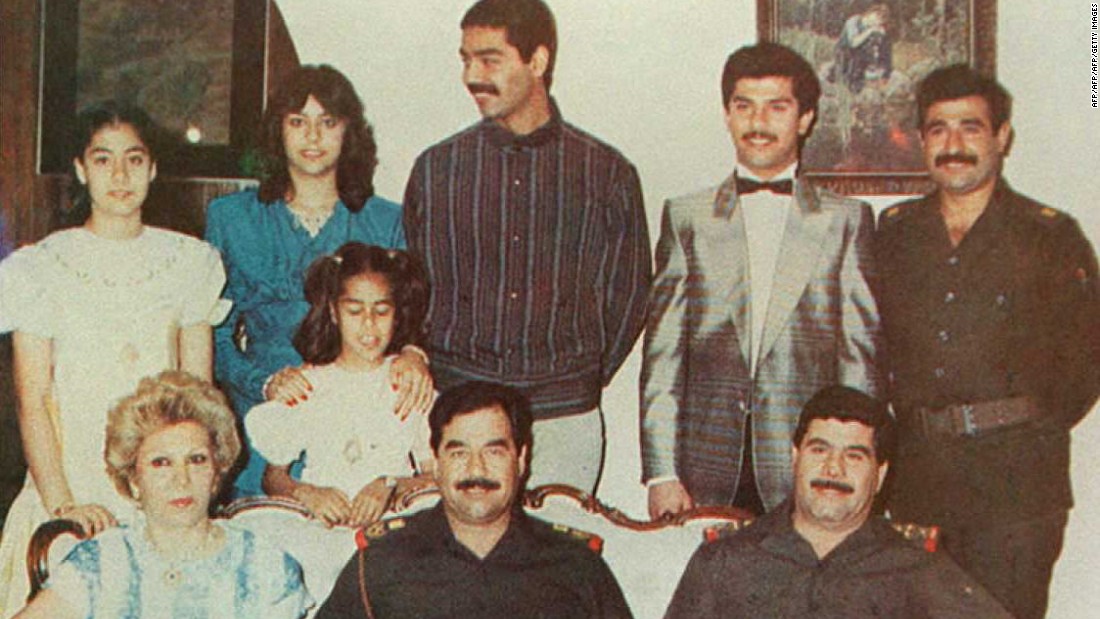
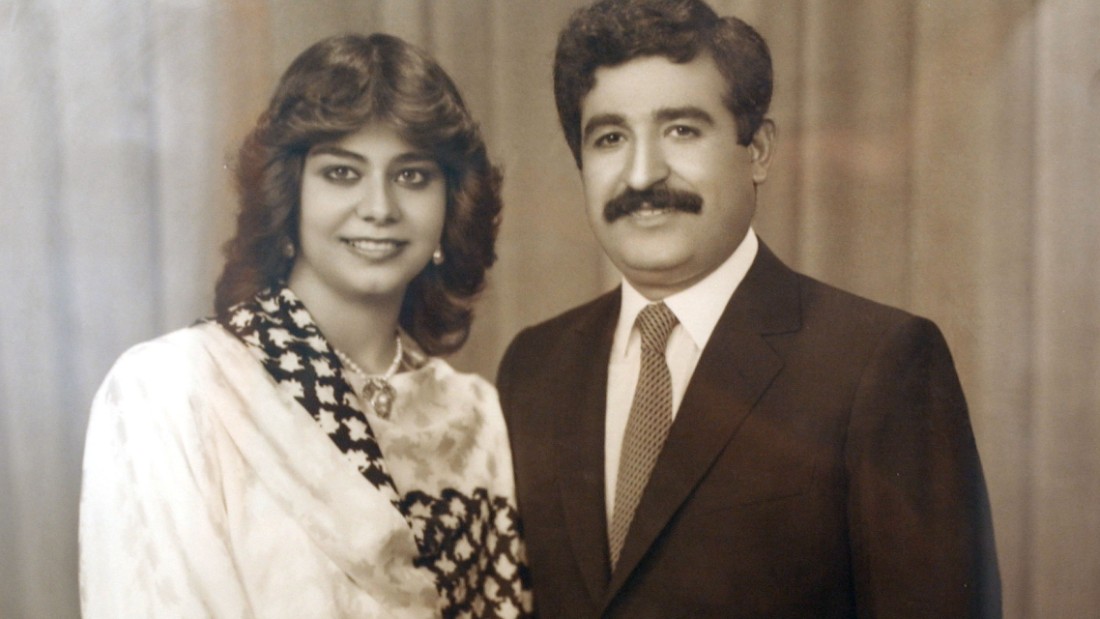
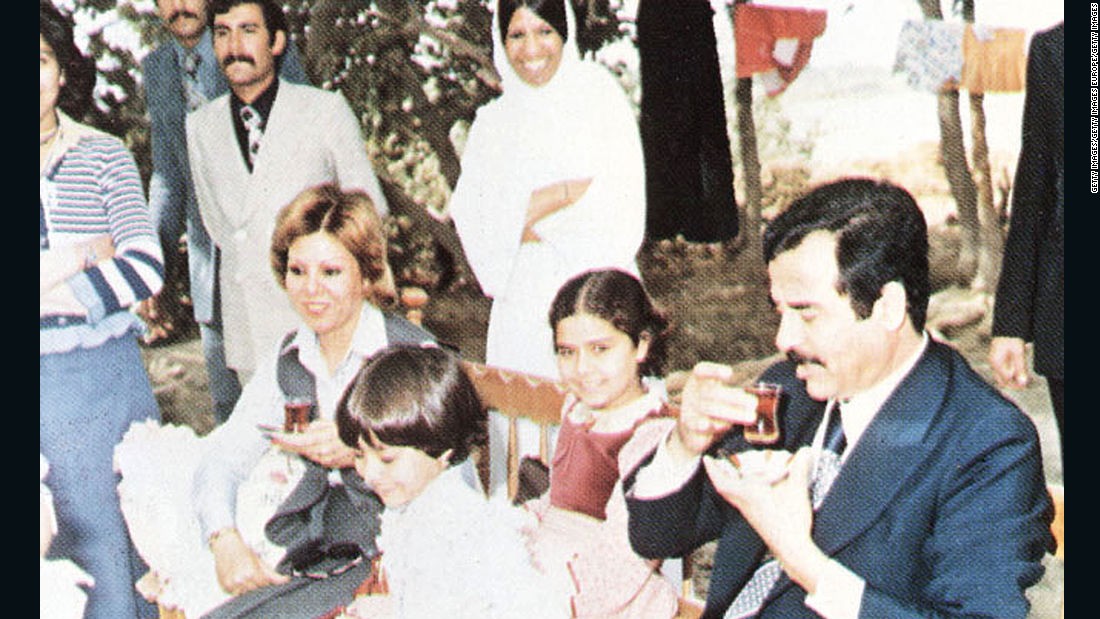
No comments:
Post a Comment